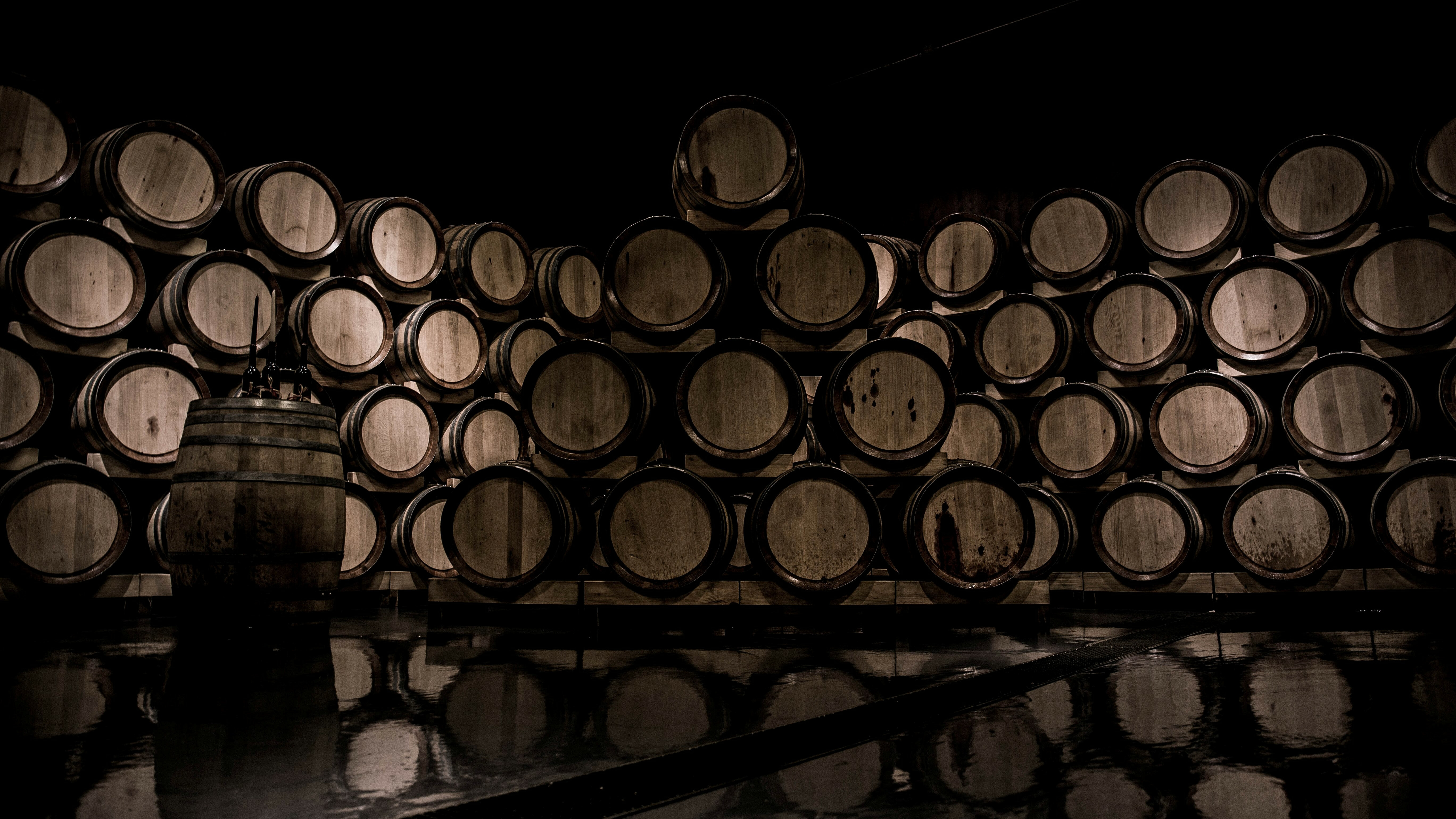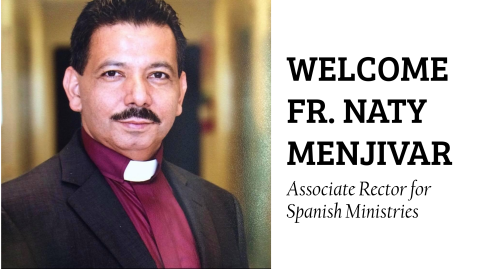Two weeks ago, I said in my sermon that in the season of Epiphany, known as the season of light, the Holy Spirt leads us into a deeper knowledge of Jesus’ identity and vocation. In other words, every Gospel reading on all Sundays of Epiphany tells us something about Jesus’ identity and vocation. The season is marked by two bookends that take place on the first and last Sundays of the season. On the day we celebrate the Baptism of our Lord, the skies are open and we hear the thundering voice of God, “You are my son, the beloved, in whom I am well-pleased.” We hear the same words on the Sunday of Transfiguration, the last Sunday of the season. Jesus is covered in dazzling white light and the thundering voice once again states, “This is my son, the beloved, in whom I am well pleased.” In this season, the Holy Spirit unveils for us the mystery of who Jesus is and what he has come to earth to do. On the first Sunday, we learned that Jesus’ identity is that he is, “The Son of God, the beloved!” Immediately after this proclamation of Jesus’ identity, he starts his earthly ministry. His vocation then is to go into mission, to start a journey that will lead him to a cross in Jerusalem.
On the Second Sunday after the Epiphany, we had a wedding in Cana of Galilee. At the request of his mother, Jesus turns six water pots into very high quality wine. (Please go to my sermon script for a detailed discussion of weddings in First Century Palestine.) Not only were these jars filled to the customary line, but they were filled “to the brim!” I said in my sermon that there is an extravagant generosity in this miracle that tells us something about Jesus’ identity and mission. By all accounts, the turning of one of the water jars into wine would have been sufficient. This would have been approximately thirty gallons of wine. The seven-day wedding was now on day three, and only half the usual allotment would have been necessary. Jesus, however, provides over 180 gallons of wine. This sign (John calls miracles signs. They point to a deeper reality hidden beyond what you see!) reveals God’s abundant generosity. So, what is Jesus’ identity and vocation in this passage? Jesus is the physical representation of God’s abundant generosity. God will go to any extent to show humanity his love and mercy. Jesus’s miracle is overflowing with outrageous generosity. This is a sign of how much God loves humanity. It is this same generosity that will lead Jesus to the cross. Jesus’s vocation is to show the world (through his life and ministry) how abundantly generous God is. Jesus will go all the way. He will not do things halfway. He will place it all on the line to save humanity. The cross itself is the place where God’s abundant generosity is elevated for the whole world to see.
This coming Sunday, the Third Sunday After Epiphany, I will preach on the passage from 1 Corinthians 12:12-31, on the occasion of our annual meeting. What this means is that I will not preach on the Gospel. I do not want to miss the theme I started two weeks ago, however: The Gospel passage of every Sunday of Epiphany gives us a sign of Jesus identity and vocation. It is for this reason that I am writing this blog. The passage for this coming Sunday comes from Luke 4:14-21. It states, “Jesus, filled with the power of the Spirit, returned to Galilee, and a report about him spread through all the surrounding country. He began to teach in their synagogues and was praised by everyone. When he came to Nazareth, where he had been brought up, he went to the synagogue on the sabbath day, as was his custom. He stood up to read, and the scroll of the prophet Isaiah was given to him. He unrolled the scroll and found the place where it was written: ‘The Spirit of the Lord is upon me, because he has anointed me to bring good news to the poor. He has sent me to proclaim release to the captives and recovery of sight to the blind, to let the oppressed go free, to proclaim the year of the Lord's favor…’”
This is the passage in Luke that follows the descending of the Holy Spirit on Jesus, as he was praying sometime after his baptism by John. This is also the start of Jesus’ public ministry in the Gospel of Luke. Cana is the start of the public ministry for the Gospel of John, but in Luke, it is his preaching at home in Nazareth where it all begins. The very first line of this passage gives us the revelation of Jesus’ identity for this week. Jesus is “The one on whom the Holy Spirit rests.” This is his identity. Jesus is the vessel in which the fullness of God’s Holy Spirit dwells. He is “filled” with this Spirit. There is a sense of completeness and perfection in this image. There is no part of Jesus where the Spirit does not reside. The spirit is fully at home in Jesus. We can say that Jesus is the physical representation of the fullness of the Holy Spirit. This is his identity: To be the human face of God’s Holy Spirit.
The rest of the passage uses Isaiah 61 to tell us something about Jesus’ vocation. He brings good news to the poor, news of God’s abundant love for them. He proclaims release to the captives, those imprisoned by sin and held captive by sin’s pull on their lives. He proclaims recovery of sight to the blind, especially the spiritually blind who believe they don’t need God. He lets the oppressed go free, especially those who are oppressed by their alienation from God. And he came to earth to proclaim the year of the Lord’s favor. This reference to the Jewish jubilee announces that God’s favor has come to us in the person of his son. God is now on the side of humanity because he bears humanity underneath his skin. The gulf of separation between humanity and God has finally been bridged and we are adopted as sons and daughters of the Almighty. Jesus’ vocation is to fulfill Isaiah 61. He is the suffering servant whose life, death, and resurrection means good news for the human race.
May he continue to bless you,
Fr. Roman+





